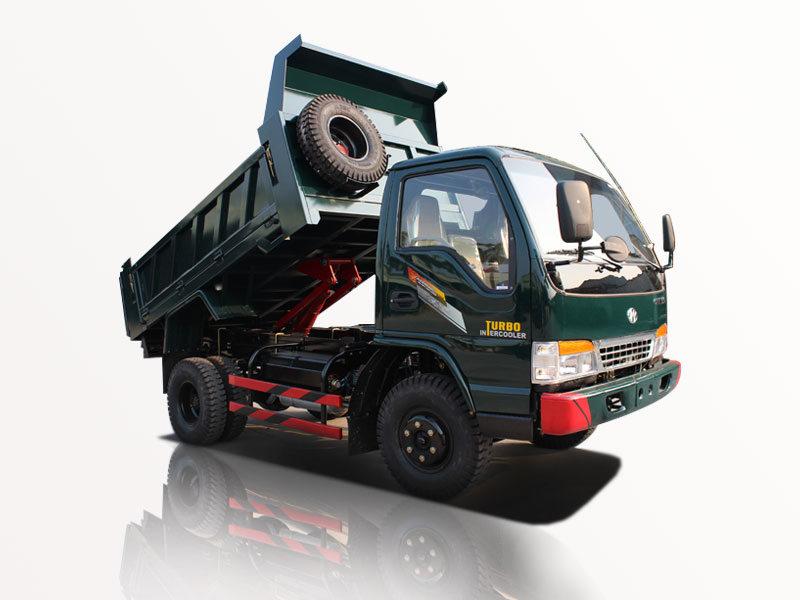Sewer cleaning is a crucial aspect of maintaining a healthy and functional plumbing system. While traditional methods have been effective, advances in technology have introduced innovative techniques that enhance the efficiency and effectiveness of sewer cleaning. This article delves into the world of advanced sewer cleaning, exploring various tools, methods, and practices that ensure your sewer lines remain clear and functional.
Understanding the Importance of Advanced Sewer Cleaning
Maintaining clean sewer lines is essential for preventing blockages, backups, and costly repairs. Advanced sewer cleaning not only helps in immediate problem solving but also extends the life of your pipes and plumbing system.
The Consequences of Neglected Sewers
Neglecting sewer maintenance can lead to various issues, including:
- Backed-up sewage
- Unpleasant odors
- Structural damage to the property
- Health risks due to contaminated water
Benefits of Advanced Sewer Cleaning Techniques
Utilizing advanced sewer cleaning methods can provide several advantages over traditional practices:
- Enhanced efficiency
- Reduced need for chemical cleansers
- Lower long-term maintenance costs
- Prolonged lifespan of plumbing systems
Popular Advanced Sewer Cleaning Techniques
1. Hydro Jetting
Hydro jetting is a powerful method that uses high-pressure water streams to clear out grease, debris, and root intrusions from sewer lines.
How Hydro Jetting Works
Specialized nozzles are inserted into the sewer line, where they release up to 4,000 PSI of water pressure, effectively cutting through clogs and build-up.
When to Use Hydro Jetting
This method is useful in cases of:
- Severe blockages
- Root intrusion
- Heavy grease build-up
2. Video Inspection
Video inspection technology allows professionals to see inside sewer lines using a camera attached to a flexible cable.
Benefits of Video Inspection
- Identifies problems without extensive digging
- Pinpoints exact locations of clogs or breaks
- Provides real-time feedback
Applications of Video Inspection
It is particularly effective for:
- Diagnosing issues in difficult areas
- Detecting pipe corrosion
- Assessing the condition of old pipes
3. Pipe Bursting
This technique involves replacing a damaged pipe by creating a new one while simultaneously breaking the old pipe apart.
Process of Pipe Bursting
A cone-shaped head is inserted into the old pipe, breaking it up as a new pipe is simultaneously pulled into place.
When Is Pipe Bursting Necessary?
Recommended for:
- Severely damaged and collapsed pipes
- Inaccessible or congested areas
4. Trenchless Technology
Trenchless technology reduces the need for extensive excavation, making it a preferred option for various sewer repairs.
Advantages of Trenchless Technology
- Less disruptive to landscapes
- Cost-effective in the long run
- Quicker installation times
5. Chemical Clearing
Chemical agents may be used to dissolve certain types of blockages, particularly those caused by organic materials.
Types of Chemicals Used
Common chemical agents include:
- Enzymatic treatments
- Acidic solutions
- Grease-eating microbes
6. Preventive Maintenance Programs
Implementing a preventive maintenance program can keep sewer lines clear and reduce the likelihood of severe problems.
Elements of a Good Maintenance Program
- Regular video inspections
- Hydro jetting service every few years
- Creating a schedule for routine cleaning
Choosing the Right Equipment for Advanced Sewer Cleaning
Hydro Jetters
When investing in hydro jetting equipment, consider:
- Water pressure capabilities
- Portability
- Size and maneuverability of nozzles
Video Inspection Equipment
For a video inspection system, focus on:
- Camera quality and resolution
- Length of the cable
- Flexibility for tight bends
Pipe Bursting Tools
Invest in high-quality pipe bursting tools that provide:
- Durability for various pipe materials
- Compatibility with different sizes
Practical Tips for Effective Sewer Cleaning
Routine Inspections
Schedule routine inspections with professionals to catch small issues before they develop into major problems.
Watch What Goes Down the Drain
Be mindful of what you flush or pour down the drain. Avoid grease, non-biodegradable wipes, and other items that can cause blockages.
Maintain Proper Landscaping
Keep trees and large shrubs at a distance from sewer lines to reduce root intrusion risks.
Use Preventative Chemicals
Consider using non-corrosive enzyme-based cleaners periodically to maintain clear sewer lines.
Understanding Costs Involved in Advanced Sewer Cleaning
| Service | Average Cost | Factors Affecting Cost |
|---|---|---|
| Hydro Jetting | $300 – $500 | Severity of blockage, plumbing contractor rates |
| Video Inspection | $150 – $300 | Location, complexity of the job |
| Pipe Bursting | $60 – $200 per foot | Size and depth of pipes, materials used |
Frequently Asked Questions
1. How often should I have my sewers cleaned?
It is recommended to have your sewers inspected annually and cleaned as needed, depending on usage and past issues.
2. Can I use store-bought cleaners for sewer clogs?
While some store-bought cleaners can help with minor clogs, they may not be effective for severe blockages. Always consult a professional if unsure.
3. What signs indicate I need sewer cleaning?
Common signs include slow drains, gurgling noises from plumbing, and foul odors emanating from drains or toilets.
4. Is hydro jetting safe for all types of pipes?
Hydro jetting is generally safe for most plumbing systems but should be approached with caution in older or damaged pipes.
5. What is the lifespan of sewer lines?
The lifespan of sewer lines varies by material but generally ranges from 30 to 100 years with proper maintenance.
6. Can tree roots cause sewer clogs?
Yes, tree roots can grow into sewer lines, causing significant blockages and damage.





